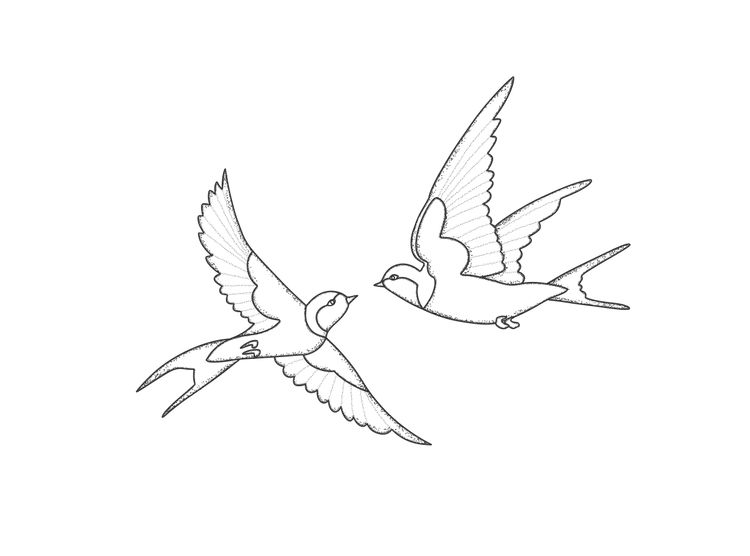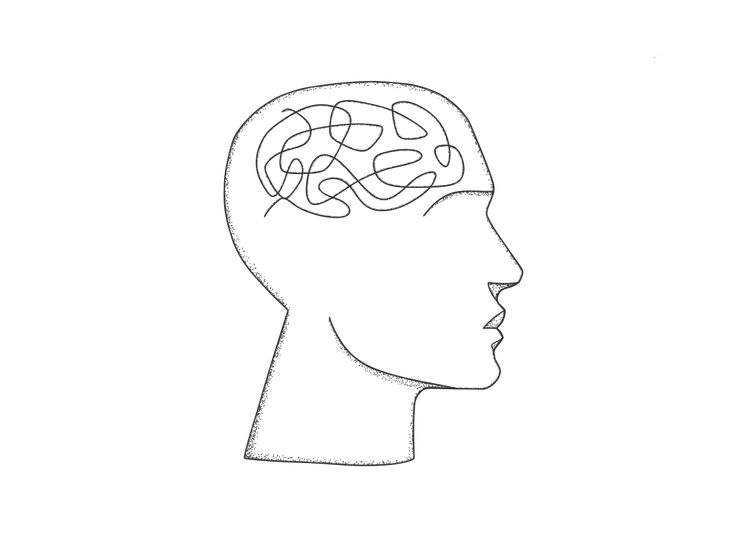Embraced

For Chris.
To be embraced is to be offered comfort and loving kindness when we are feeling broken, or sad, or lost, or defeated, or not enough. We are held—not for help because we are weak, nor to be fixed because we are broken, but so that we can join our suffering together, and in that communion find solace.
To embrace someone is to open our hearts to what another is feeling, and to find the courage to feel it with them. When we embrace another, we dispel shame, which hides in secret places, and which divides us from ourselves. In its place, we offer compassion, which lives in the sunlight, and which makes us whole.
To be able to embrace another, we must learn how to embrace ourselves—not just the bits we admire, but the parts that cause us shame and suffering as well. When we embrace our whole selves, we heal our divided parts, and bring that wholeness to others. When we hold ourselves as whole, we can share our suffering with others, which is the meaning of compassion.
When we embrace another, we offer the understanding of the heart, not the mind. In that heartfelt understanding we find togetherness, and the courage to go on.
Writing about this lovely word had me thinking about several articles I have seen recently on the power of kindness at work. This article from the Harvard Business Review does a good job linking out to all the research and data on how kindness benefits both the recipient and the giver at work, including reducing burnout and absenteeism, and improving employee wellbeing. (Interestingly, the article's authors found that giving compliments made people happier than receiving them.)
If you want to learn more about self compassion and how to develop it, Kristin Neff is a great place to start. Listen to this Hidden Brain podcast, or visit Kristin's Center for Mindful Self Compassion. My wife Louise, who is also a coach, has taken some of Kristin's courses and says they are very good.
I have adapted my own daily practice for developing self compassion from what I learned taking Shirzad Chamine's excellent six-week Positive Intelligence program. Find a photograph of yourself from your childhood. If you don't have one, imagine yourself. Now imagine meeting that child as your adult self. Take their hand and walk with them. Give them a hug. Tell them you love them. You might try this with yourself at different ages. I like to spend time with my inner two year old, five year old and ten year old. I also incorporate my self-compassion practice into my morning meditation, repeating this mantra to myself as I focus my attention on the sensation of my breath as it enters and leaves my nose:
Breathing in, loving boy.
Breathing out, loving mind.
According to the Oxford English Dictionary, the word compassion comes from the Latin compati, meaning to "suffer together with another". In Christianity, the "Passion of Christ" refers, at least in part, to the suffering Jesus endured at trial, and on the cross.
Each week I explore a life metaphor that has touched me in my coaching. Subscribe to get my scribblings every Sunday morning. You can also follow me on Medium, or on LinkedIn. Feel free to forward this to a friend, colleague, or loved one, or anyone you think might benefit from reading it.





